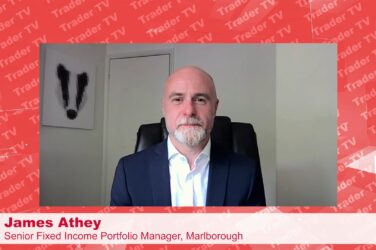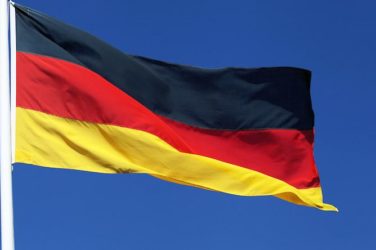More traders are leaving their jobs in the bulge bracket and starting up their own hedge funds thanks to regulation.
The effects of the Dodd-Frank Act are finally being felt throughout the financial world as star traders and entire desks collect their gatherings and head elsewhere in hopes of a higher paycheck and less regulatory scrutiny.
The Volcker Rule, embedded within Dodd-Frank, effectively shut down most proprietary trading and market making units within banks and limited the amount of investments banks could make in third-party hedge funds. With jobs being cut left and right, some traders with profound track records decided that the best course of action was to set up a shop on their own, bring in a few people and get back to work.
It was reported that less than a month ago, Citigroup’s Sutesh Sharma founded Port Square Capital, which Citi will seed at first before winding down its position.
Two years ago, famed mortgaged trader Greg Lippmann and his colleague Fred Brettschnieder left the firm to setup a hedge fund called Libre Max. They poached former colleagues to come work for them and raised nearly $1 billion in a short period of time. Libre Max’s strategy is similar to that of the one used at Deutsche, which involves the trading of asset backed securities.
Nearly immediately after the passage of Dodd-Frank last year, private equity firm Kohlberg Kravis and Roberts (KKR) went and hired over a dozen former Goldman Sachs proprietary traders, which signaled the evolution of proprietary trading into an alpha-producing powerhouse.
“Why would you want trade at a bank under strict regulation when you can just get a few guys and setup a shop somewhere?” retorted former bank trader when asked about the current investment climate.





